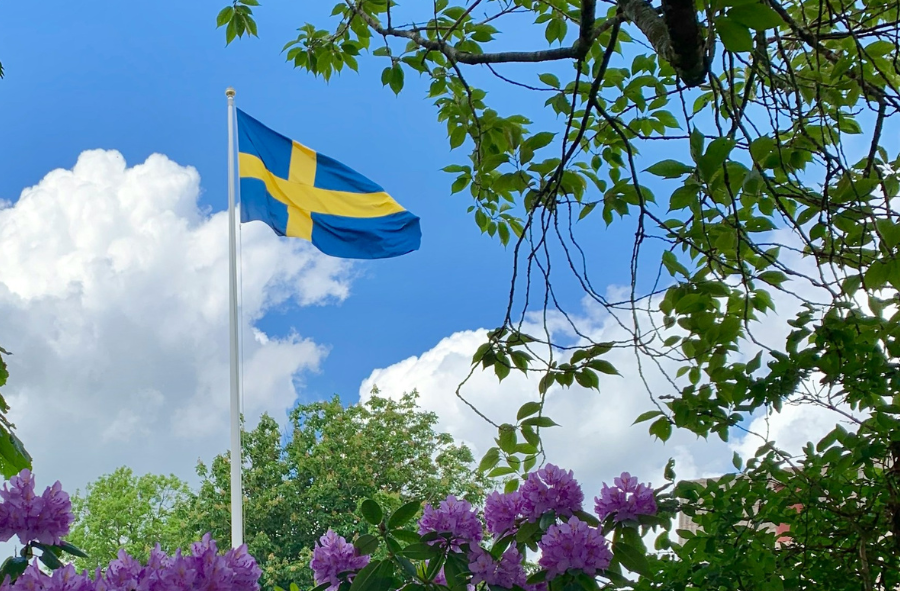
‘Perfect storm’ sees 3 in 4 UK charity leaders fearing staff burnout
December 8, 2021
Austrians more willing to donate legacy gifts
December 8, 2021Swedes have become increasingly involved in civil society during the pandemic, both giving and volunteering more according to Giva Sverige and PwC’s eighth annual The state, capital or the citizen – who finances civil society? report.
Figures for 2020 show individuals providing almost 60% of Swedish nonprofits’ income, with the majority coming from sales, followed by membership fees and gifts.
Public sector revenue has remained stable, accounting for just over a third of income, and corporate contributions, in terms of gifts, grants, collaborations and partnerships, are also important, particularly for small and medium-sized organisations. 8 out of 10 Giva Sverige member organisations state that they finance activities through corporate support, and while the pandemic has meant a decline in this area for many nonprofits, others reported a clear increase in engagement.
Ice cream index
The study also includes a look at the ice cream index. An indication of nonprofits’ share of disposable income, it shows how much money Swedes spend on sweets and ice cream compared to how much they donate.
The most recent figures, for 2019, show that the total consumption of ice cream and sweets amounted to SEK 34.5 billion while giving reached SEK 8.6 billion. This means people spent around a quarter of what they pay out for ice cream and sweets on charitable giving, with the public’s giving as a share of disposable income showing a steady upward trend since 2011.
Charlotte Rydh, Giva Sverige president, commented:
“The relationship of individuals to nonprofit organisations can be summed up in one word: stability. Despite the restrictions imposed by the corona pandemic, the number of volunteers increased in 2020, and Giva Sverige’s statistics on funds raised show that public donations also increased during the pandemic year. Citizens’ commitment to and in civil society was not negatively affected by the pandemic as many may have thought, rather the opposite.”
Digitisation
The report also includes a special focus on digitalisation and its long-term significance for nonprofits, highlighting opportunities to both develop and evaluate activities based on the needs of the beneficiary or cause, but also challenges and risks.
Commenting, Johan Sverker, senior advisor at PwC, said:
“The pandemic’s greatest impact in the longer term is likely to be a catalyst for digitalisation. This, combined with other megatrends, such as urbanisation, globalisation and climate change, means that nonprofit organisations need to review their long-term strategies to meet the challenges of the future and thus be able to contribute to a good and sustainable future society.”
Picture by ykaiavu on Pixabay




